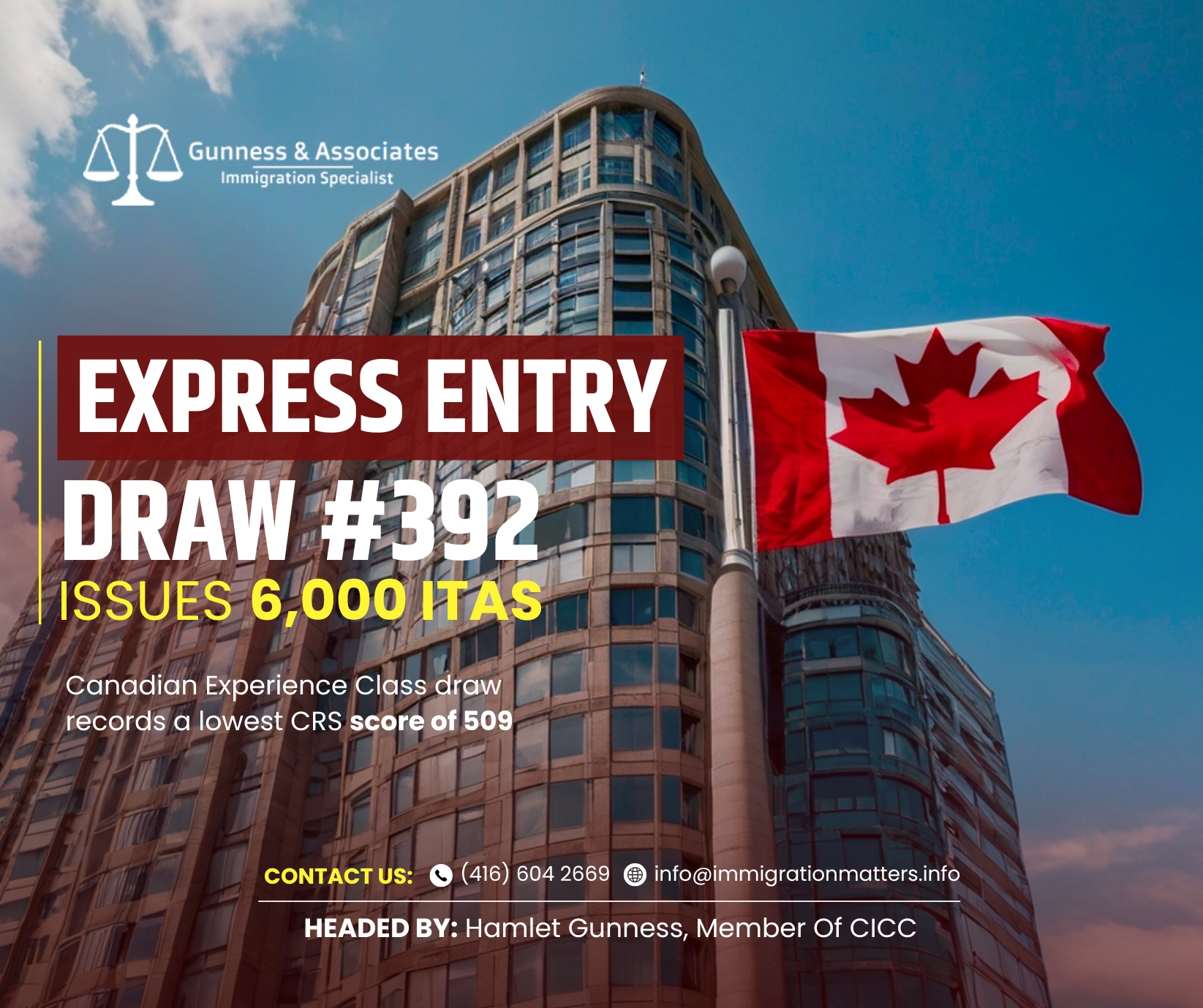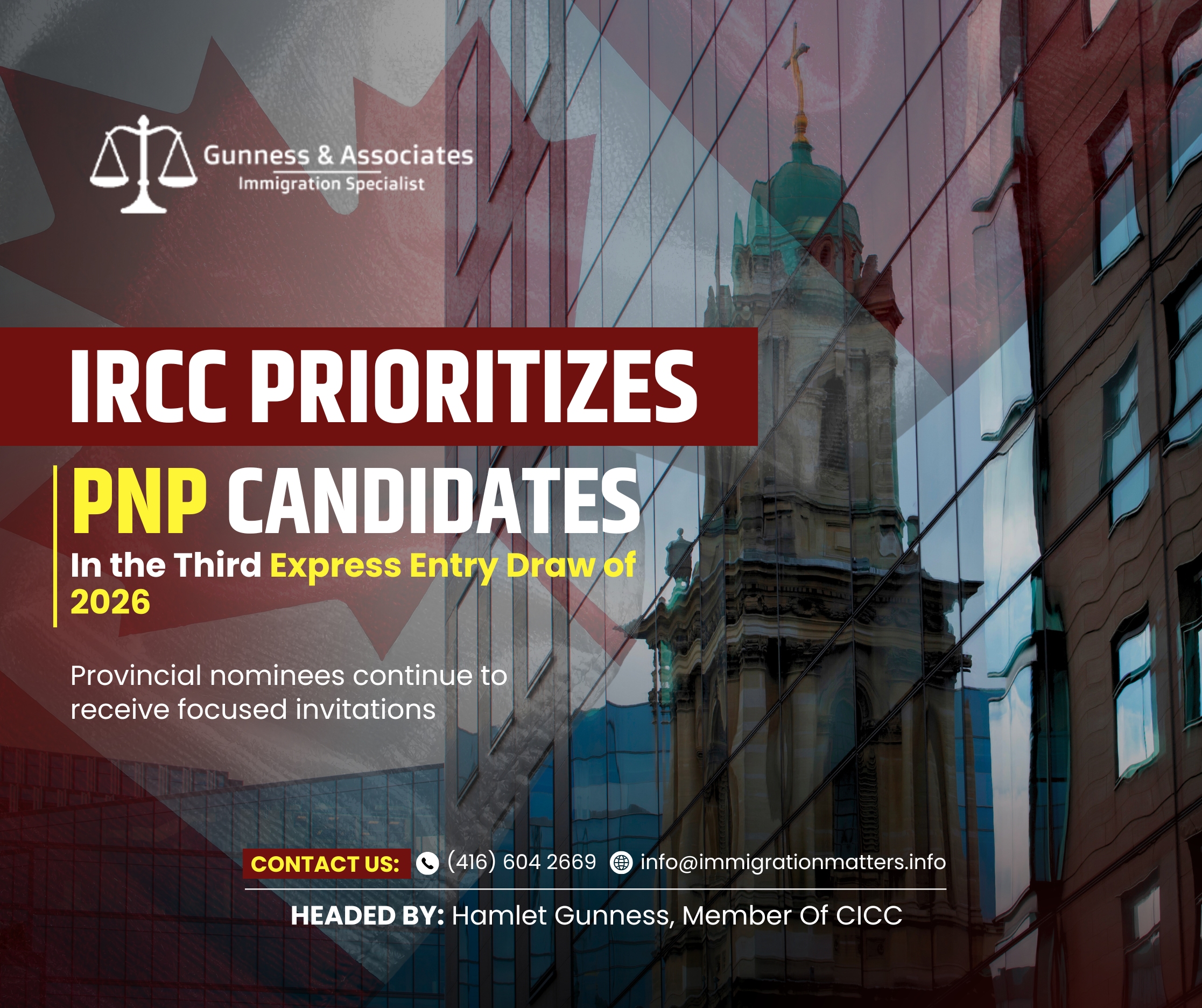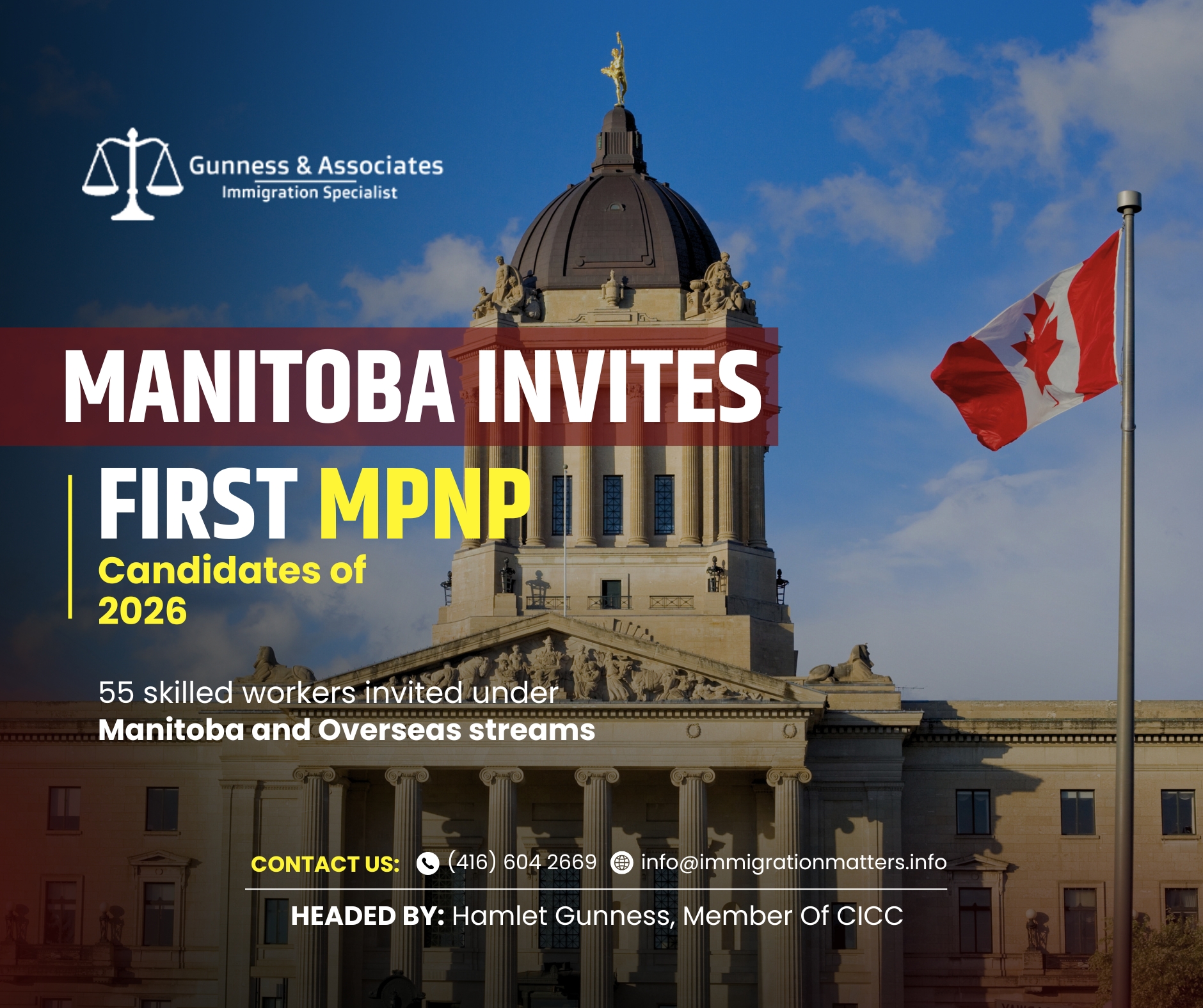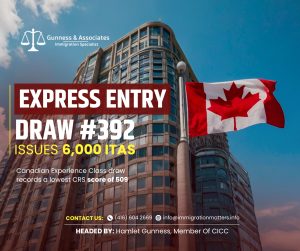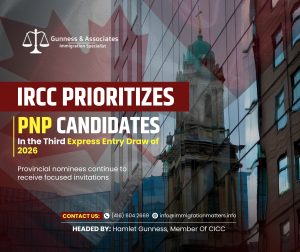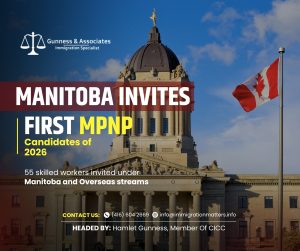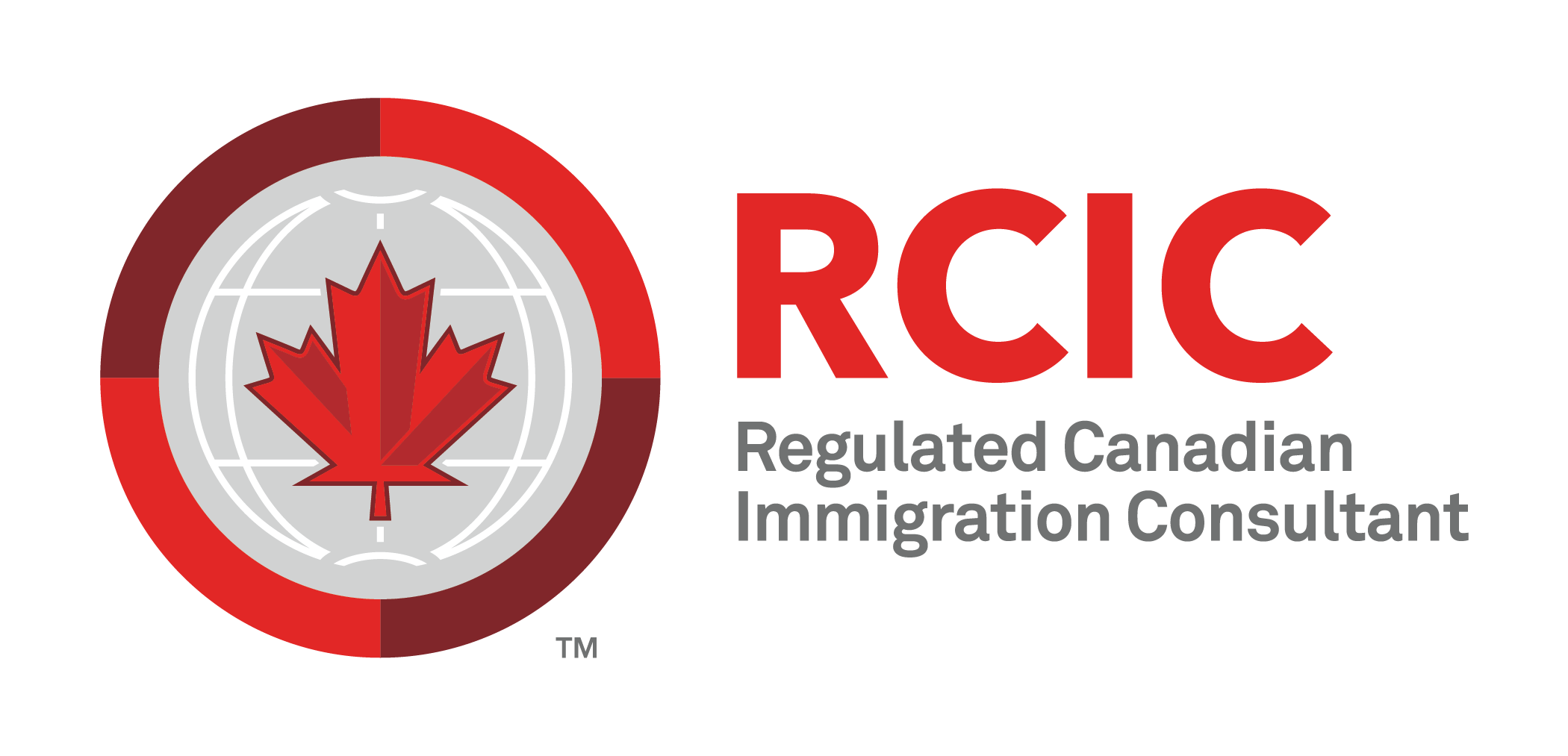Instructions for the Spouse or Common-Law Partner in Canada Class Updated
February 22, 2025

On June 8, 2022, the Government of Canada updated instructions regarding determining membership in the spouse or common-law partner in the Canada class. The revised instructions for circumstances when there is a relationship breakdown and the primary applicant (sponsored spouse) wishes to proceed with their permanent residence application.
The conversion to humanitarian and compassionate grounds is applicable for these cases. In addition, the instructions have been updated to include further clarification on these cases under the exemption from the requirement to have temporary resident status.
The foreign national meets the membership requirements of the spouse or common-law partner in the Canadian class if all of the following apply if they:
- are the spouse or common-law partner of a sponsor (as defined in R130) and cohabit with that sponsor in Canada (Common-law partners must have cohabited for at least one year)
- have temporary resident status
- are the subject of a sponsorship application
- if they are not excluded from the class under R125 concerning excluded relationships
Lawful temporary resident status in Canada
To become members of the class for eligibility, applicants in the spouse or common-law partner in Canada class must have valid temporary resident status on the date of application and on the date they receive permanent resident status.
Exemption from requirement to have temporary resident status
- The spousal public policy facilitates the processing of genuine out-of-status spouses or common-law partners in the spouse or common-law partner in the Canada class who meet the other eligibility requirements of the class. Applicants who are covered under the public policy should be processed according to the provisions of the spousal public policy.
- Applicants who do not have temporary resident status and who are not eligible under the spousal public policy can be removed at any time. Further, the spousal policy does not change the requirement to seek necessary authorization to visit Canada or to work or study here.
- If the applicant cannot be exempted from the legal temporary resident status requirement under the spousal public policy they may request an exemption from the requirement to have temporary resident status in Canada on Humanitarian and compassionate grounds.
- See Humanitarian and Compassionate considerations for applicants in the spouse or common-law partner in Canada class.
- Public policy cases where the relationship is ongoing but the applicant has been deported or where the applicant and sponsor are in an excluded relationship (for example, R4, R5, R125 (1) (d)) should not result in the application being converted to a humanitarian and compassionate in-Canada application. Instead, these humanitarian and compassionate grounds requests should be considered in the context of the spouse or common-law partner in Canada class.
Temporary resident requirement in Canada
Other requirements applicable to a foreign national, who apply to remain in Canada as a member of the Spouse or Common-law Partner in Canada Class:
- a foreign national is not considered a spouse or common-law partner if the marriage or common-law partnership is not genuine or was entered into primarily for the purpose of acquiring any status or privilege under the Act [R4]
- a foreign national is not considered a spouse or common-law partner if a new conjugal relationship was begun after a previous marriage or common-law partnership with that person was dissolved primarily to acquire any status or privilege under IRPA [R4.1]
- a foreign national must not be the subject of enforcement proceedings or a removal order for reasons other than “lack of status” (see definition of “lack of status” under the spousal public policy). Although most persons who are under a removal order or facing enforcement proceedings for reasons other than “lack of status” are eligible for initial consideration under the public policy as they meet the criteria in R124, they cannot be granted permanent residence as they will be found inadmissible in the second stage of processing
- a foreign national becomes a permanent resident if they meet the requirements of R72
- a foreign national and their family members must meet admissibility requirements (R72), however, they are exempt from inadmissibility on health grounds due to excessive demand on health and social services
- a foreign national must have a valid passport or travel document by the time permanent residence is granted (R72)
Noted: “Lack of status” may also refer to persons who have overstayed a temporary resident permit.
Get a free assessment for immigration to Canada. This is quite complicated to immigrate to Canada without any specialist help.
Contact Immigration Specialists at Gunness & Associates and get free migration consultancy for coming to Canada.
Tel: (416) 604-2669
Email: info@immigrationmatters.info
Join our free newsletter click here
All rights reserved ©2022 Gunness & Associates

